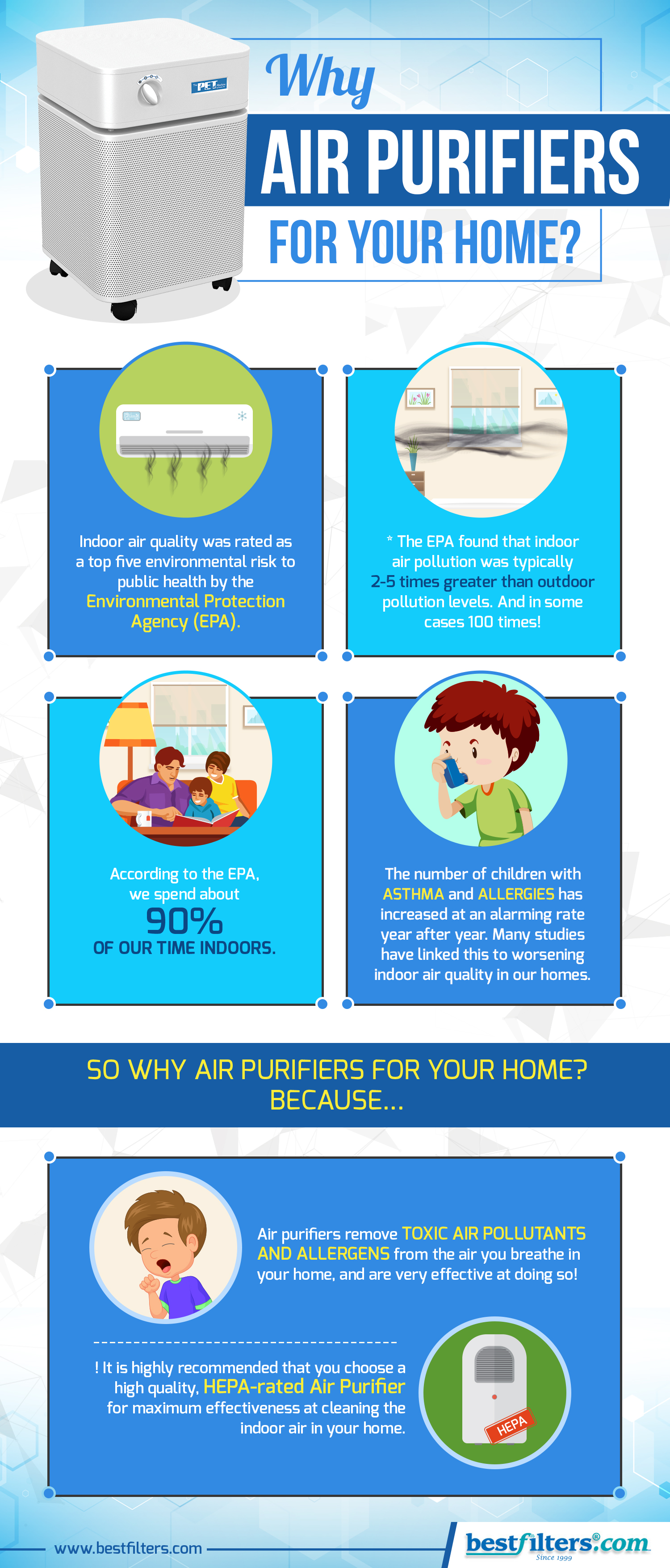Heat Pump Vs Heating System - Which Is The Better Heating Alternative For Your Home?
Heat Pump Vs Heating System - Which Is The Better Heating Alternative For Your Home?
Blog Article
Writer-Bonner Smith
Several property owners are familiar with heating systems, which warm homes with oil or gas and push hot air through ductwork. They are reasonably affordable and can provide trusted heating even during a winter season power outage.
However, they utilize fossil fuels and generate carbon monoxide gas and other air pollution. They likewise aren't as energy-efficient as a high-efficiency heatpump.
Expense
Typically, heatpump are more economical to run than furnaces. They commonly use electrical energy and refrigerant to remove warmth from outdoor air, and afterwards move it into your home. You can make the most of less expensive electricity rates during off-peak hours to further lower your heating expenses.
Unlike heat pumps, gas or wood-burning heating systems use combustion to generate heat, releasing flue gases right into the atmosphere that can be damaging to your wellness. These furnaces are likewise much less energy-efficient than heat pumps, and their greater operating costs can build up with time.
Heaters are more challenging than heat pumps and require routine upkeep to guarantee the correct function of all components. Despite this, they often tend to last longer than heatpump with a normal lifespan of 20 years or more. However, you'll require to factor in the expense of gas, gas oil or timber and the additional devices required for installment and procedure such as air ducts and ventilation systems.
Energy Performance
Heatpump have a higher energy effectiveness rating than heating systems. These systems use electricity to scavenge heat from the air, also in freezing temperatures. They can likewise get rid of excess warmth from the home throughout warmer months and recycle it to cool down the system. Service provider experts can help you establish the most effective model for your home based on climate and resource power costs.
Heaters melt gas oil, gas, natural gas or other kinds of fossil fuel to warm the air in the home. This air is after that spread through ductwork utilizing a large fan. Furnaces produce greenhouse gases and need normal upkeep and equipment upgrades to guarantee safe operation.
The biggest advantage of a furnace is that it can be operated even in rough winter months problems because it does not count on outdoor temperatures to warm up the air. Heating systems likewise have a longer lifespan than heat pumps and normally last 15 years. They can additionally be coupled with double fuel alternatives, which pick one of the most reliable home heating choice based upon the weather.
Click Webpage work well in moderate environments and make use of less source energy than heaters. Nonetheless, if your region is exceptionally cool, you may need to buy a conventional gas heater instead.
Furnaces offer cozy, comfy warm and usually use rapid home heating to raise interior temperatures. These systems can be utilized with a variety of gas kinds, consisting of natural gas, gas, oil or electrical power.
They consume a lot more energy than heatpump-- up to 3x as much-- and require ductwork that's costly to install or retrofit. They're also a lot more costly to preserve, as they can trigger air quality problems and produce greenhouse gas emissions.
If you're dedicated to decreasing your carbon footprint, a heatpump is an excellent selection for your home. They have fewer greenhouse gas emissions than heaters, specifically if you select a power STAR ® heatpump. Your neighborhood Provider expert can describe the distinctions between these two heating unit and help you make the very best decision for your one-of-a-kind needs.
Personal Preferences
Heating systems can be extremely energy reliable when powered by gas, lp or oil, yet they aren't as power efficient as heatpump in frigid environments. They can additionally be a lot more expensive to set up, calling for gas lines and air flow systems.
Nevertheless, heaters have a tendency to require much less maintenance, which can result in lower recurring prices. They produce fewer greenhouse gases and are more trustworthy than heat pumps throughout severe climate.
Electric heat pumps are a lot more versatile in developing interior comfort because they can also function as air conditioning system during warmer months. They can be easier to maintain, needing only regular air filter adjustments and periodic vacuuming.
If you choose the comfort of a single system that does it all, think about a hybrid heating service that pairs a heater with an electric heat pump. These systems can automatically switch in between the two heating options based on your home's demands and temperature level conditions, optimizing performance and cost savings.